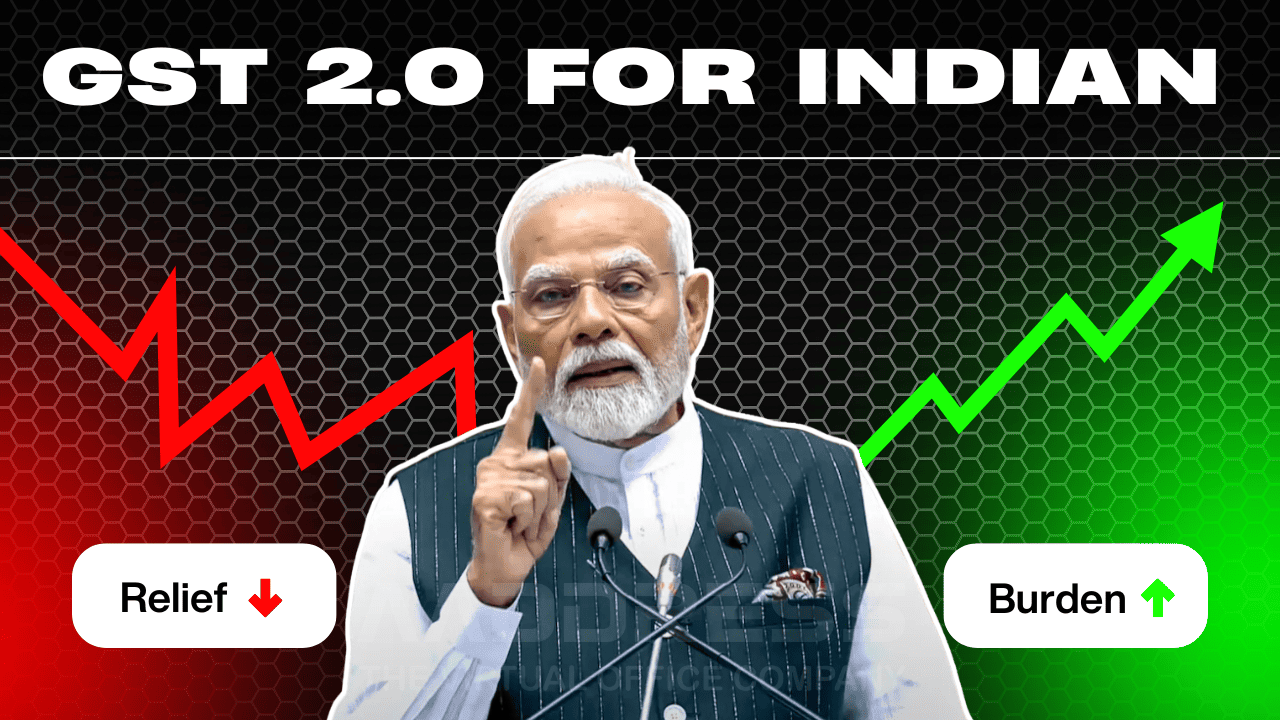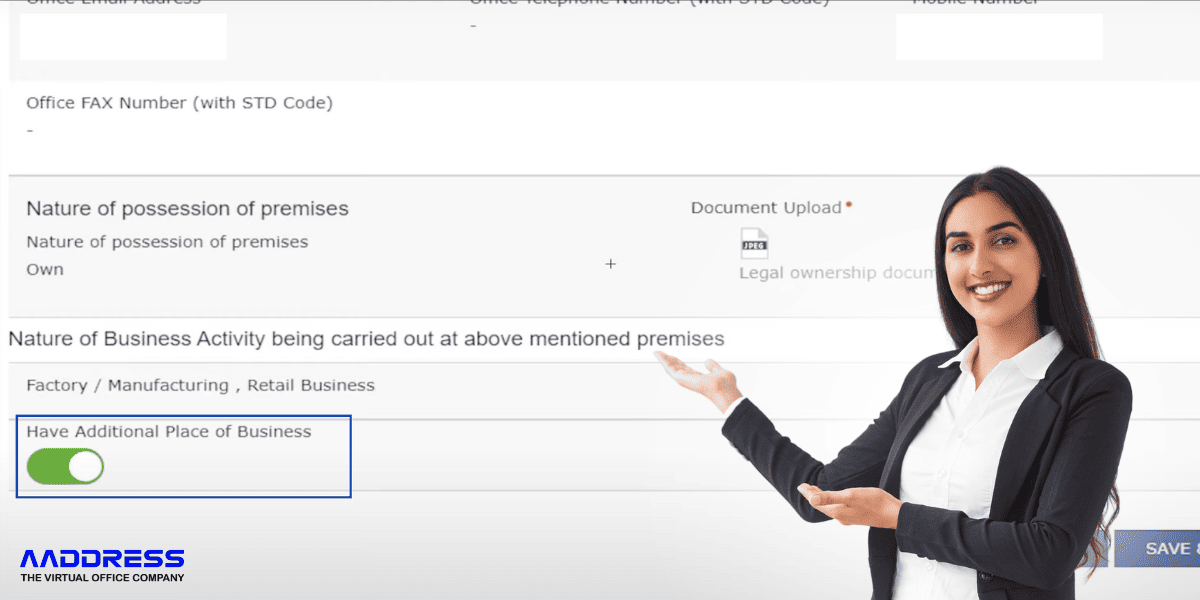Don’t just get a virtual office—let us help you build your business with our expert resources.Learn More
Job or Business: Which is Better and Why?

Introduction
In today's dynamic world, where change is the only constant, the debate between choosing a job or starting a business is more relevant than ever. While some people are content with the stability of a well-paying job, others are driven by the desire to turn their passion into a successful business.
This choice isn't just about career paths; it's about the way we want to live our lives, the risks we're willing to take, and the legacy we want to leave behind.
How do companies attract and retain employees? How effectively are people enjoying their decent-paying jobs? On the flip side, how many are leaving the safety net of a 9-to-5 to chase their entrepreneurial dreams? These are questions worth exploring as we delve into the contrasting worlds of jobs and businesses.
Different Perspectives on Jobs and Businesses
Before we dive into the comparison, let's first understand what each entails.
What is a Job?
A job is essentially a position where an individual works for an employer in exchange for a salary or wages. Jobs are typically structured, with defined roles, responsibilities, and working hours. They often come with benefits like health insurance, retirement plans, and paid leave. The primary goal in a job is to fulfill the employer's objectives while gaining personal financial stability.
What is a Business?
A business, on the other hand, involves creating and managing an enterprise with the intention of making a profit. It requires an individual to take on multiple roles, from management and marketing to finances and customer service. Owning a business means you are responsible for the growth and sustainability of your enterprise. Unlike a job, a business offers the potential for unlimited earnings, but with greater risk and responsibility.
Job vs. Business: Which is Better?
Let's break down the pros and cons of both jobs and businesses on various bases to help you decide which path might be better for you.
Risk
Job:
Jobs generally come with lower risks. The main risks are job security and career progression. Even if you lose a job, the worst-case scenario is usually finding another one.
Business:
Starting a business involves significant risk. The chances of failure, especially in the early stages, are high. Financial loss, market competition, and operational challenges are constant threats.
Money
Job:
A job provides a steady, predictable income. There's financial security in knowing you'll get paid regularly, but your earning potential is capped by your salary or hourly wage.
Business:
The financial upside of a business can be enormous. If successful, a business can generate significant wealth. However, the earnings are unpredictable and can fluctuate, especially in the initial stages.
Effort
Job:
Jobs require effort, but it's often limited to specific hours and tasks. Once your workday is over, you can typically switch off and enjoy your personal life.
Business:
Running a business requires immense effort, often beyond regular working hours. The responsibility to keep the business afloat means you're always "on the clock."
Freedom
Job:
Jobs offer limited freedom. You're usually bound by company policies, work hours, and the direction set by your employer.
Business:
A business provides greater freedom. You make the rules, set your own hours, and decide the direction of your enterprise. However, with this freedom comes the burden of responsibility.
Responsibility
Job:
In a job, your responsibilities are usually confined to your role. You have a clear structure of what’s expected of you, with the company bearing the ultimate responsibility for its success or failure.
Business:
As a business owner, you are responsible for everything—from the product or service you offer to managing employees and finances. The success or failure of the business rests on your shoulders.
Learning
Job:
Jobs offer opportunities for learning, but they are often limited to your role. Professional development is usually structured and guided by your employer.
Business:
A business is a continuous learning experience. You learn by doing, adapting, and overcoming challenges. The scope of learning in a business is much broader, covering various aspects of running a company.
Work-Life Balance
Job:
Jobs generally offer a better work-life balance. With fixed hours and defined roles, you can often leave work at the office and enjoy your personal time.
Business:
Maintaining a work-life balance in a business can be challenging. The demands of running a business can spill over into your personal life, making it hard to separate the two.
Why Are More People Shifting to Startups Than Carrying on Their Current Jobs?
In recent years, there has been a noticeable shift, with more people leaving traditional jobs to start their own businesses. But what’s driving this trend?
Passion and Purpose: Many people are motivated by the desire to do something meaningful. Starting a business allows them to pursue their passions and make a difference in their own way.
Control and Ownership: In a business, you have control over decisions and ownership of the outcomes. This sense of autonomy is appealing to those who feel restricted by the corporate environment.
Potential for Growth: The potential for financial growth and personal development in a business is often greater than in a job. Many see entrepreneurship as a way to achieve financial independence and wealth.
Flexibility: The ability to set your own hours and work on your terms is a major draw. The traditional 9-to-5 job model is increasingly being replaced by more flexible work arrangements in startups.
Technological Advancements: Technology has made it easier than ever to start a business. With tools for online marketing, e-commerce, and remote work, the barriers to entry have lowered significantly.
Market Trends and Economic Impact
Let’s take a closer look at the current market trends and how they are shaping the decision between jobs and businesses.
Current Job Market Trends
The job market is evolving, with some industries booming while others decline. The stability of the job market varies across sectors, with technology, healthcare, and renewable energy showing significant growth. However, economic fluctuations and global events, like the COVID-19 pandemic, have shown that job security can be fragile. Companies are increasingly adopting remote work and automation, leading to a reshaping of the traditional job landscape.
Startup Ecosystem
The startup ecosystem is thriving, with more people taking the entrepreneurial plunge. Governments and private organizations are offering support through incubators, accelerators, and grants to foster innovation and business growth. The ease of access to capital, especially with the rise of crowdfunding and venture capital, has made it easier for startups to flourish. However, this also means that competition is fierce, and the survival rate for startups is still challenging.
Psychological Factors
The psychological impact of choosing between a job and a business is significant and often overlooked.
Job Satisfaction vs. Entrepreneurial Satisfaction
Job Satisfaction:
Jobs can offer a sense of security and stability, which can lead to job satisfaction. Factors like recognition, a positive work environment, and a clear career path contribute to this. However, if the job lacks meaning or growth opportunities, it can lead to dissatisfaction.
Entrepreneurial Satisfaction:
Entrepreneurship can be deeply satisfying for those who value creativity, independence, and personal achievement. The ability to see your ideas come to life and make a direct impact is a powerful motivator. However, the pressure to succeed and the constant challenges can be stressful.
Stress and Mental Health
Jobs: Job-related stress often stems from factors like job insecurity, office politics, and work overload. While some people manage this stress well, it can lead to burnout and dissatisfaction in others.
Business: Running a business comes with its own set of stresses, including financial risk, the pressure to succeed, and managing employees. Entrepreneurs often face uncertainty and the burden of making critical decisions, which can take a toll on mental health.
Long-Term Outlook
Looking at the long-term prospects can also help in making the right choice between a job and a business.
Career Progression in a Job
In a job, career progression is usually well-defined. Employees can expect promotions, pay raises, and professional development opportunities as they advance in their careers. However, there's also the possibility of hitting a plateau where growth becomes stagnant. Retirement plans, including pensions and 401(k) contributions, add to the long-term security in a job.
Scaling a Business
The potential for growth in a business is vast. Successful businesses can expand into new markets, diversify product lines, and even become industry leaders. However, scaling a business requires careful planning, investment, and sometimes a willingness to take on more risk. Exit strategies, such as selling the business or passing it on to the next generation, offer different long-term opportunities compared to a job.
Impact on Society and Community
Both jobs and businesses play vital roles in the economy and society, but in different ways.
Contribution to the Economy
Jobs: Employees contribute to the economy through their work, productivity, and consumer spending. Jobs provide financial stability to individuals and families, supporting broader economic growth.
Businesses: Businesses are the backbone of the economy, driving innovation, creating jobs, and generating wealth. Entrepreneurs often contribute to economic development by bringing new products and services to market, fostering competition, and creating employment opportunities.
Social Responsibility
Jobs: Employees can participate in Corporate Social Responsibility (CSR) initiatives led by their companies, helping to create positive social impact.
Businesses: Business owners have the ability to shape their communities through CSR activities, such as charitable contributions, sustainable practices, and ethical business operations. Businesses can also influence industry standards and practices.
Financial Planning and Security
Financial Planning for Job Holders
For job holders, financial planning often revolves around salary management, savings, and retirement planning. The predictability of a steady income allows for easier budgeting and financial security. Benefits like health insurance, retirement plans, and bonuses add to the financial stability of a job.
Financial Management in Business
Running a business requires a different approach to financial planning. Business owners must manage cash flow, investments, and expenses carefully to ensure profitability. While the potential for wealth creation is higher, so are the financial risks. Proper financial management is key to sustaining and growing a business.
How to Decide Between a Job and a Business
To help you make the right choice, consider the following framework:
Personal Preferences: What do you enjoy doing? Do you prefer structure or flexibility? Are you motivated by stability or the thrill of creating something new?
Risk Tolerance: How much risk are you willing to take? Are you comfortable with the potential financial instability of a business, or do you prefer the steady income of a job?
Long-Term Goals: What are your long-term career and life goals? Do you want to climb the corporate ladder or build something of your own?
Family Responsibilities: Consider your family situation. Do you have dependents who rely on your income? How will your choice impact your family's financial security?
Financial Readiness: Do you have the financial resources to start a business? Are you prepared for the initial period of low or no income as you build your business?
Personal Ambition: How ambitious are you? Do you have a vision for a business that you're passionate about? Or are you content with achieving success within an existing company?
Future of Work
The future of work is evolving rapidly, influenced by technology and changing work cultures.
Technological Impact
Automation, Artificial Intelligence (AI), and remote work are transforming both jobs and businesses. Jobs are becoming more tech-driven, with a focus on digital skills. At the same time, technology is enabling new business models and opportunities, making it easier for entrepreneurs to start and scale businesses.
Evolving Work Cultures
The rise of the gig economy, freelancing, and hybrid work models is blurring the lines between jobs and businesses. More people are opting for flexible work arrangements, allowing them to balance job security with entrepreneurial ventures. This shift is creating new opportunities and challenges in both traditional employment and entrepreneurship.
Conclusion
So, job or business—what’s the verdict? The answer isn’t straightforward. It depends on your personality, goals, financial situation, and what you value most in life. A job might be better if you seek stability, a clear career path, and a work-life balance.
On the other hand, if you crave freedom, control, and the thrill of building something from the ground up, starting a business might be the right choice for you. The key is to weigh the pros and cons, consider your long-term goals, and make a decision that aligns with your values and aspirations.
Whichever path you choose, remember that success doesn’t come overnight. Whether in a job or a business, persistence, learning, and adaptation are crucial. In the end, the best choice is the one that brings you fulfillment and aligns with your vision of a successful and meaningful life.
Subscribe To Our Newsletter
Conquer your day with daily search marketing news.
Most popular Blogs
GST 2.0 Explained: What Will Get Cheaper for Indian Consumers in 2025?
India is about to reform its goods and services tax (GST) since its introduction in...
Read Full ArticleReading Time: 5 mins.Top 5 Locations in Delhi to Set Up Your Virtual Office
When you start a business in Delhi, there's always that one uncle or friend who...
Read Full ArticleReading Time: 5 min.How to Start Water Bottle Business in India: A Practical Guide
Starting a water bottle business in India can be a smart and rewarding move. ...
Read Full ArticleReading Time: 4 min.How to Add Additional Place of Business in GST Online (2025 Guide)
Adding an additional place of business in GST is mandatory for each business if they...
Read Full ArticleReading Time: .



